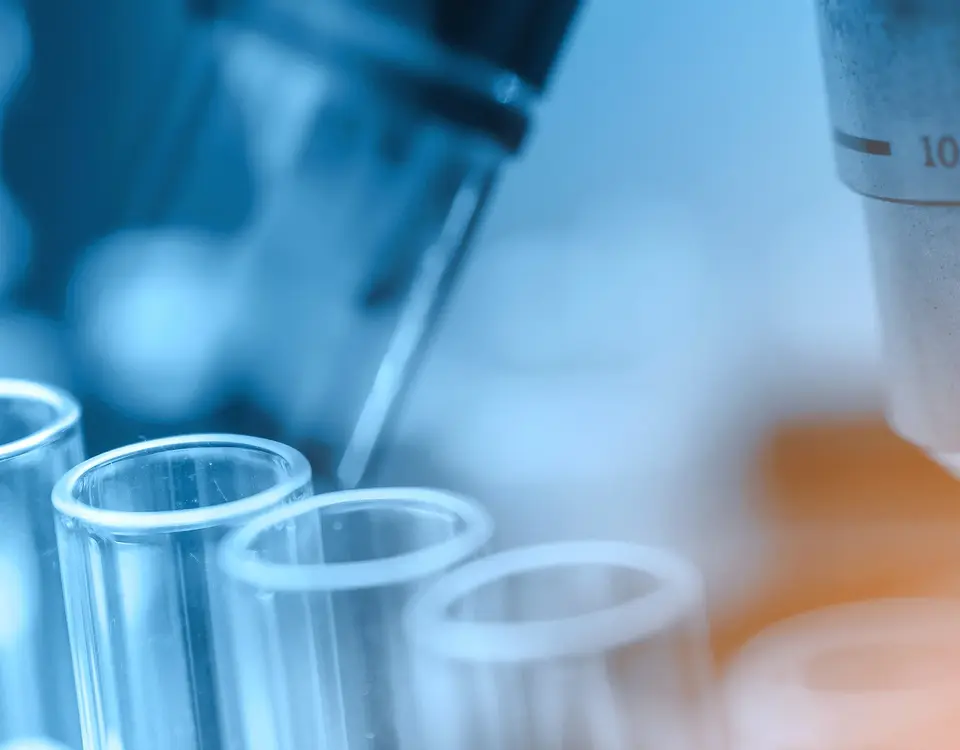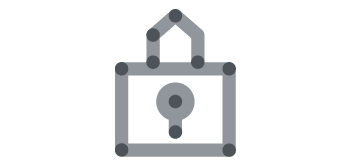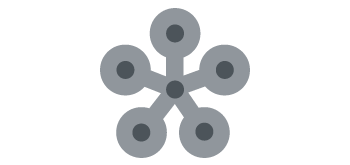About the project
Even at the beginning of the pandemic, it was clear that overcoming the COVID-19 pandemic would depend crucially on building up protective immunity. The COVIM consortium was able to quickly provide relevant findings on SARS-CoV-2 immunity. Among other things, important data was collected on the immunogenicity and safety of the COVID-19 vaccination and on the immunoinvasive properties of circulating virus variants. Findings collected in COVIM were incorporated into recommendations and guidelines. As a result, the COVIM consortium was able to make a significant contribution to improving care and answer urgent questions about SARS-CoV-2 immunity.
The most important facts at a glance
Over the course of the project, COVIM achieved its project goal of rapid and standardised determination of immunity to COVID-19. In addition, information on SARS-CoV-2 population immunity was compiled throughout Germany, providing valuable information for pandemic management. In addition, therapeutic approaches in the form of monoclonal antibodies were developed with the aim of transferring immunological protection mechanisms to people at high risk of contracting the disease. Furthermore, a decentralised, self-learning structure for the high-resolution AI-supported analysis of complex immunity data was established with the 'ImmunoHub'. Structures for standardised testing and benchmarking of antibodies against SARS-CoV-2 were set up in the COVIM translation platform. The network of immunological-infectiological studies was established for the clinical testing of immunological concepts, which will continue to exist and harmonise clinical studies even after the end of the project. New drugs and therapeutic approaches were developed within the framework of the established infrastructure and have already been analysed in clinical trials. By rapidly providing relevant data on SARS-CoV-2 immunity and the development of immunotherapeutics, COVIM has made a concrete contribution to the NUM's goal of establishing a research structure relevant to healthcare. COVIM was able to provide critical data on the duration of the immune response, immune evasion of SARS-CoV-2 variants and vaccination breakthroughs.
In addition to the concrete findings on immunity to SARS-CoV-2, an infrastructure was established within COVIM to quickly determine reliable information on immunity and protective mechanisms against new infectious pathogens and to utilise the findings for therapeutic purposes. COVIM thus fundamentally increased pandemic preparedness and resilience in Germany.
The COVID-19 pandemic caused by the novel SARS-CoV-2 virus has led to a global public health emergency. Societies, healthcare systems and economies of the affected countries have been faced with an enormous challenge: There was an urgent need for standardised and collaborative research. In particular, findings with particular phenotyping depth from high-quality data and biosample collection were urgently required. To date, these have only been addressed in isolated cases in local projects, but neither in national nor in international projects. In addition, national and permanent pandemic management was and continues to be of great importance for the best possible handling of known or novel pathogens in Germany. Under the conditions of a dynamic pandemic, it was a particular challenge to establish a future-proof and sustainable network with highly standardised and scalable platforms.
The presence of protective immunity has a decisive influence on the disease burden and impact of a pandemic with highly contagious pathogens such as SARS-CoV-2. Therefore, the identification of immunity traits and their reliable assessment at both the individual and population level was of central importance. In addition, the mechanisms of the immune system represent a very high potential for use in the therapy of COVID-19 and can also be used for the prevention of SARS-CoV-2 infections. The following key questions were therefore addressed at the start of the project
- Determine immunity: Who is immunologically protected from SARS-CoV-2 infection and for how long?
- Transferring immunity: How can immunological protection be transferred from a few immune people to many non-immune people?
To answer these questions, COVIM pooled immunological, virological, bioinformatic, epidemiological and clinical-infectiological expertise from all over Germany in eight work packages. Analyses of collective and individual immunity were carried out in four work packages in order to obtain as complete a picture as possible of anti-SARS-CoV-2 immunity in the German population. With the "ImmunoHub", a globally unique procedure for the decentralised evaluation of immunological data using swarm-learning algorithms was established. Furthermore, findings from international studies were regularly compiled and evaluated in a standardised process. In the "ImmunTranslation" work package, immunotherapeutic approaches for COVID-19 (including monoclonal antibodies, T-cell approaches) were developed preclinically and standardised in a translation platform. This ensures that every site in Germany has access to reference methods and can thus optimally and easily participate in the development and production of immunotherapeutics. A clinical-infectiological expert network was established for the use of immunological protection mechanisms (e.g. antibodies), which prepared the clinical testing of immunotherapies against COVID-19.
Through COVIM, an interdisciplinary competence network and structures were established that enabled rapid and standardised determination of protective immunity against SARS-CoV-2 and contributed central data on the immunity situation. Open, participatory platforms were established in which scientists and clinicians from the entire Network University Medicine were involved. The integrative structure of the consortium and the close networking within the NUM generated synergies that enabled a significantly accelerated gain in knowledge on immunity to SARS-CoV-2 and a more efficient implementation of therapeutic and preventive approaches.
Highlights

Over the course of the project, the COVIM network has made significant progress in understanding SARS-CoV-2 immunity after infection and vaccination. This has been reflected in over 100 scientific publications, which have attracted a great deal of attention worldwide and some of which have been incorporated into national recommendations and guidelines.






